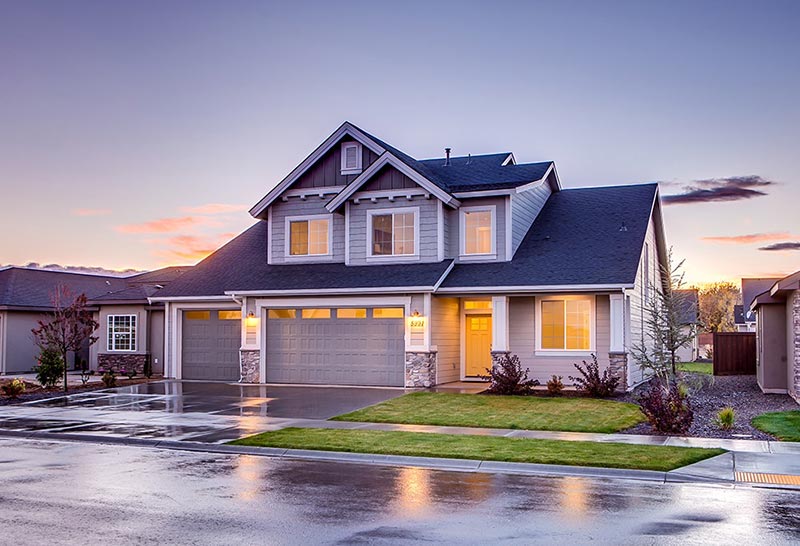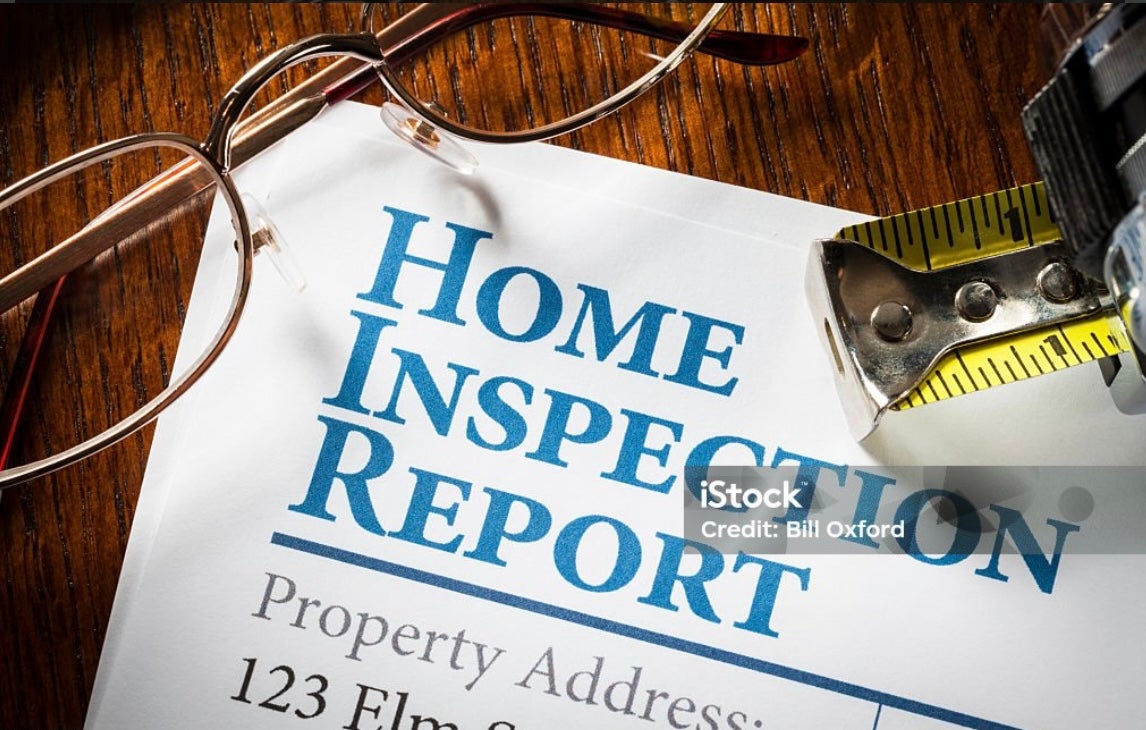
Buying your first home is an exciting milestone, but it can also feel overwhelming. With the right guidance, you can navigate the process confidently and avoid common pitfalls. This guide is tailored for first-time homebuyers and packed with practical tips to make your journey smooth and stress-free.
Why Buying Your First Home is a Big Deal
Owning a home is a major financial and personal accomplishment. It’s an investment in your future and a chance to create a space that truly feels like your own. However, purchasing a home is also one of the largest financial commitments you’ll ever make. That’s why being informed and prepared is crucial.
Step-by-Step Tips for First-Time Homebuyers
1. Determine Your Budget
Understanding how much home you can afford is the first step. Consider the following:• Your income and monthly expenses• Down payment (aim for 5%-20% of the home price)• Additional costs like property taxes, insurance, and closing fees
Use online mortgage calculators to get an estimate.
Why Buying Your First Home is a Big Deal
Owning a home is a major financial and personal accomplishment. It’s an investment in your future and a chance to create a space that truly feels like your own. However, purchasing a home is also one of the largest financial commitments you’ll ever make. That’s why being informed and prepared is crucial.
Step-by-Step Tips for First-Time Homebuyers
1. Determine Your Budget
Understanding how much home you can afford is the first step. Consider the following:• Your income and monthly expenses• Down payment (aim for 5%-20% of the home price)• Additional costs like property taxes, insurance, and closing fees
Use online mortgage calculators to get an estimate.
Click the link for my free mortgage calculator: Tammy Polley - Mortgage Payment Calculator
Pro Tip: Keep your monthly housing costs below 30% of your income to stay financially comfortable.

2. Get Pre-Approved for a Mortgage
A mortgage pre-approval shows sellers you’re a serious buyer and helps you stay within your budget. Contact multiple lenders to find the best interest rate and terms.
3. Research the Real Estate Market
Familiarize yourself with the current market trends in your desired area. Keep an eye on home prices, inventory, and average time on the market.
A mortgage pre-approval shows sellers you’re a serious buyer and helps you stay within your budget. Contact multiple lenders to find the best interest rate and terms.
3. Research the Real Estate Market
Familiarize yourself with the current market trends in your desired area. Keep an eye on home prices, inventory, and average time on the market.

4. Find a Knowledgeable Realtor
A good real estate agent will guide you through every step of the buying process, from finding the right home to negotiating the best price. Look for an agent who knows the local market and has experience working with first-time buyers.5. Create a Must-Have List
Before you start touring homes, list your priorities:• Number of bedrooms and bathrooms• Proximity to schools, work, or public transit• Features like a backyard, garage, or modern kitchen
This will help you stay focused and find a home that meets your needs.
6. Attend Open Houses
Visiting open houses is an excellent way to explore different properties and neighborhoods. Take notes, photos, and ask questions about the home’s condition and any recent upgrades.
7. Understand the Offer Process
Once you find the right home, work with your realtor to submit a competitive offer. Be prepared to negotiate on price, contingencies, and closing dates.
Common Mistakes First-Time Buyers Should Avoid

1. Skipping Home Inspections: Always invest in a professional home inspection to uncover potential issues.2. Overextending Your Budget: Stick to what you can comfortably afford, even if you qualify for a higher mortgage.3. Not Considering Additional Costs: Factor in maintenance, HOA fees, and unexpected repairs.
Why Now is a Great Time to Buy• Interest rates are dropping.• Investing in real estate builds long-term equity and financial stability.
Frequently Asked Questions for First-Time Buyers
What credit score do I need to buy a house?
A score of 620 or higher is ideal for conventional loans, though FHA loans may accept lower scores.
How much should I save for a down payment?
Aim for 5%-20% of the home price.
Should I buy a fixer-upper or a move-in ready home?
It depends on your budget, skills, and timeline. Fixer-uppers can be more affordable but may require extra time and money for renovations.
Conclusion
Buying your first home doesn’t have to be intimidating. With careful planning, research, and the right team by your side, you can confidently find a property that meets your needs and budget.
If you’re ready to take the next step, reach out today for personalized advice and access to the best listings in your desired location. Your dream home is waiting!
Why Now is a Great Time to Buy• Interest rates are dropping.• Investing in real estate builds long-term equity and financial stability.
Frequently Asked Questions for First-Time Buyers
What credit score do I need to buy a house?
A score of 620 or higher is ideal for conventional loans, though FHA loans may accept lower scores.
How much should I save for a down payment?
Aim for 5%-20% of the home price.
Should I buy a fixer-upper or a move-in ready home?
It depends on your budget, skills, and timeline. Fixer-uppers can be more affordable but may require extra time and money for renovations.
Conclusion
Buying your first home doesn’t have to be intimidating. With careful planning, research, and the right team by your side, you can confidently find a property that meets your needs and budget.
If you’re ready to take the next step, reach out today for personalized advice and access to the best listings in your desired location. Your dream home is waiting!